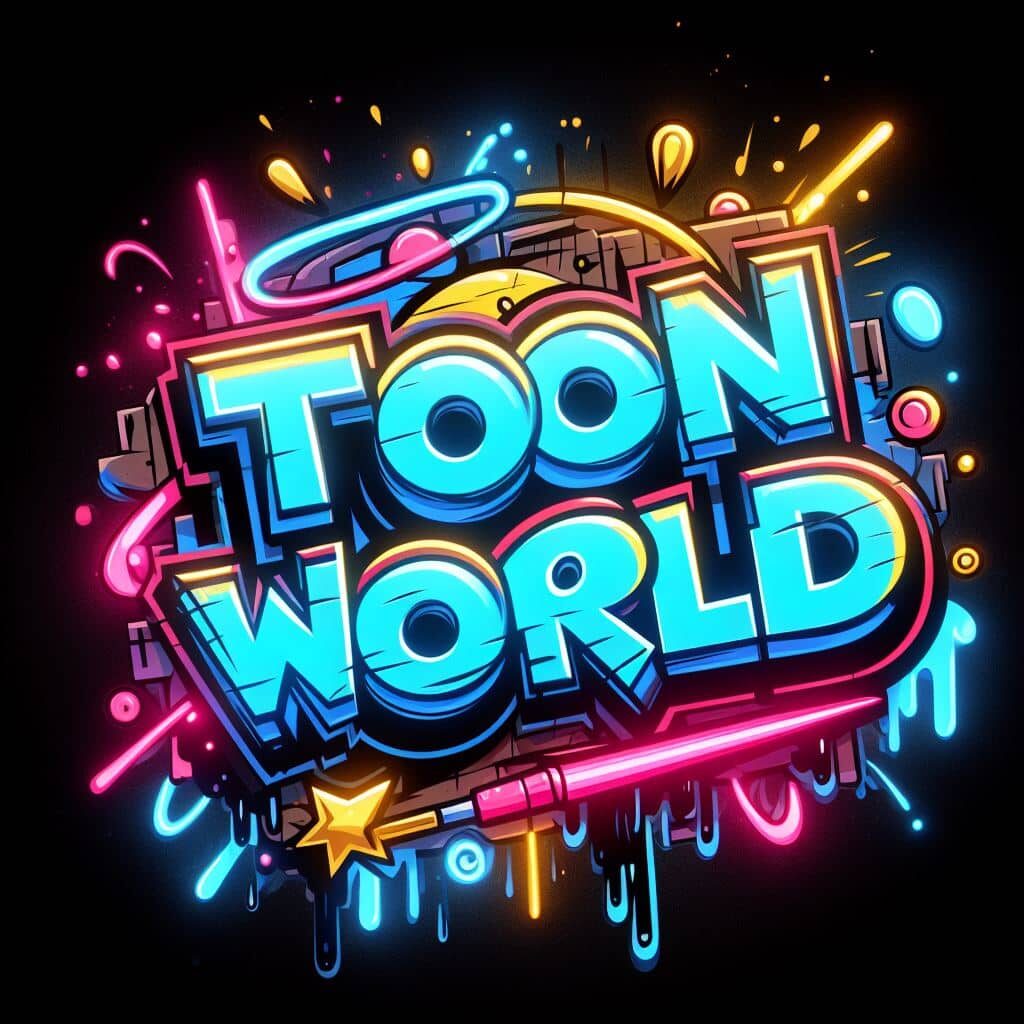Nana Mizuki stands as a titan within the anime industry, a voice that resonates with fans of all ages. Her rich vocal range and spirited performances have made her not just a star but a beloved figure in J-Pop as well. From soaring ballads to upbeat anthems, Nana Mizuki’s contributions to anime music are noteworthy, earning her a place alongside contemporary icons like Utada Hikaru and Sheena Ringo. In this exploration of her remarkable career, we’ll highlight her significant work, especially in series like Uma Musume Pretty Derby, and reflect on why Nana Mizuki’s voice is the beating heart of many memorable anime moments.

Top 5 Outstanding Performances by Nana Mizuki

Nana Mizuki Versus Other Icons: A Comparative Analysis
The Musical Styles of Nana Mizuki, Utada Hikaru, and Sheena Ringo
When comparing Nana Mizuki to other musical giants like Utada Hikaru and Sheena Ringo, each one shines with their own brilliance:
Impact on Anime Culture
Nana Mizuki’s musical impact doesn’t end with just catchy tunes. Her songs enrich the narratives they accompany, shaping the essence of the anime experience. Each track she performs aligns seamlessly with the themes of the series, adding layers of emotional depth that viewers cherish. This is especially apparent in her work with Uma Musume Pretty Derby, where her music enhances the spirit of competition and friendship, creating a bond between the story and its audience.
Her influence reverberates all over anime culture—she’s not just a singer but a storyteller through her music. Fans connect deeply with the narratives portrayed in her songs, which seamlessly blend with visual storytelling in the anime medium. This is what sets her apart; Nana Mizuki doesn’t just sing—she sings with purpose.
Engaging with Fans and Live Performances
One of the most exciting aspects of Nana Mizuki’s career is her ability to engage with her fans. Known for her live performances, she creates an unforgettable atmosphere at her concerts. Imagine colorful stage designs, meticulously crafted set lists, and opportunities for fan participation—it’s a full-fledged experience! The energy is palpable; you can’t help but feel part of something special.
While she skillfully balances her public persona and personal life, her performances at annual concerts are legendary. They’re not just concerts; they’re emotional journeys. Fans leave buzzing with excitement, humming her hits long after the curtains close. It’s a sense of community that reflects how much people admire her work.
In contrast, Utada Hikaru maintains a more intimate connection through both digital platforms and personal live shows. She nurtures a loyal fanbase without overexposure, leaving her music to speak volumes. Meanwhile, Sheena Ringo remains more elusive—her sporadic releases and understated promotion maintain her mystique and artistic integrity.
The Legacy of Nana Mizuki in Anime Music
Reflecting on her extraordinary career, Nana Mizuki’s legacy in anime music is indisputable. She’s created a soundtrack for anime lovers across generations. Her ability to bring characters to life and inject emotion into scenes resonates deeply with fans, making her an invaluable component of their favorite shows.
With exciting projects and collaborations on the horizon, her influence will undoubtedly continue to inspire upcoming artists. Through her enchanting voice, she weaves a tapestry of sound that intertwines with heartfelt storytelling. Nana Mizuki has not just defined a genre; she’s enriched the cultural landscape of anime music.
As we look ahead, it’s exhilarating to think about where her journey will take her next. With each note she sings, she leaves an indelible mark on the hearts of fans worldwide. Whether we’re belting out her songs at karaoke or creatively reinterpreting them in fan art, Nana Mizuki’s music will be a part of the anime experience for years to come.
Nana Mizuki: The Exceptional Voice Behind Anime Hits
A Voice Like No Other
Nana Mizuki’s journey into the limelight is as enchanting as her voice. Did you know she got her start as an idol before conquering the anime music scene? In 2000, her debut single hit the charts and launched her into fame, catapulting her into projects like Naruto and Magical Girl Lyrical Nanoha. It’s fascinating to think that someone with such a vibrant sound could shift the perception of what an anime theme song could be! Speaking of perspectives, imagine the whimsical heart of “Up” and how its music sets the emotional tone of the story—just like Nana Mizuki’s tracks sweep you up into the narrative. Their ability to resonate with audiences is downright magical, much like the feeling one gets when you catch an unexpected birdie alarm while watching anime; it signals something big is about to happen!
Awards Galore
Nana Mizuki’s talents have garnered her an impressive collection of accolades, comparable to that of big-name artists in mainstream music. She’s won multiple awards at the Seiyū Awards and has even secured her spot in the Japan Record Awards. Did you know she was the first voice actor to receive the “Best Lead Actress” award? Talk about trailblazing! It’s thrilling to see such recognition for someone who started in a world that at times feels like an uphill battle—similar to the ongoing Kaiser Permanente Workers strike, which highlights issues in labor rights across the board. Mizuki not only sings; she also acts, and her roles often reflect deep emotions, making her connection with fans genuine and heartfelt.
Beyond Anime
While many know Nana Mizuki for her anime contributions, she’s also dabbled in pop music and voice acting for video games. This duality highlights her versatility, much like the varied shopping experiences at Dillard’s in Tyler, TX, where each section offers something distinct while maintaining a unified brand. As for fandom, Nana’s connection to her audience is as strong as the ties of beloved characters, like Haruka from Uta no Prince-sama, which is a testament to her broad appeal. In short, Nana Mizuki stands as a pillar of inspiration, bridging the gap between traditional idol culture and contemporary music, proving that music can indeed transcend genres and hit the right notes in any context.






















